
Photo by Sergio Vila
For Special Olympics Brazil, table tennis is much more than a sport—it is a space for discovery, belonging, and self-improvement. Each training session, match, and athlete represents a story of transformation.
Bruna Moura, 30, from Fortaleza (CE), is one such example. With less than three months of practice, she has already participated in her first Special Olympics table tennis competition and never misses a training session. According to her mother, Rosinha, she only talks about two things: table tennis and her coach.
Rosinha continues, “Bruninha is loving table tennis! On the days of training, she gets ready early and is beyond excited. We were impressed because she had never tried table tennis before, and she is already developing so well—she really likes it. And her coach, Anásio, is excellent as he really cares for his athletes.”

In Brazil, Special Olympics has over 570 table tennis players which is more than 14.5% of the total number of table tennis players in the Latin America (SOLA) region for Special Olympics (3,921). Additionally, the program has 26 Unified partners competing with forty-seven certified coaches.
In 2023 at the Special Olympics World Games Berlin, the International Table Tennis Federation (ITTF) Foundation and Special Olympics signed a Memorandum of Understanding (MOU).
Through this MOU, the ITTF Foundation and Special Olympics have set out to use table tennis to foster development through sport and continue to grow the inclusivity of the world-wide table tennis community. The increase in opportunities for individuals with intellectual disability to participate in sport, such as table tennis, will increase the physical and mental well-being of athletes while providing them with opportunities to meet new people and expand their horizons outside of the realm of sport.
Special Olympics Puerto Rico table tennis player, María Vanessa Ayala Torres, is an individual who has proven that increased sport opportunities for people with intellectual disabilities directly impacts someone’s life and well-being.
María Vanessa was introduced to table tennis in 2013 when the Aguas Buenas Municipality, where she is from, started to offer adaptive sports. Her mother saw this as an opportunity for her to take up sports, expanding her horizons and interests.

Photo by Dillon Vibes
María Vanessa’s whole family attended the sport program and she and her siblings, Jorge and Adamaris, all took an interest in table tennis. They started that same day and participated in one hour of adapted sports and 2 hours of table tennis. All three of them now compete as an official Unified pair in table tennis.
María Vanessa stated, “I was interested mostly out of curiosity for the fast-moving objects and to be with my brother, but soon it helped me out at school to the point where I could stop taking other therapy sessions because I got so much better.”
“Table tennis helped me with my movements, posture, grip (fine and gross motor skills), displacement, concentration and social skills.”
Special Olympics Puerto Rico has twenty table tennis athletes, 7 Unified partners, with María Vanessa and her siblings being an integral part of these numbers for their Special Olympics program.
Across the world, Special Olympics has more than 206,000 table tennis players with the sport being the 7th highest participation sport at Special Olympics. It is played across all 7 of Special Olympic’s regions. There are more than 7,790 Unified partners and 23,270 coaches of table tennis globally.

Photo by Marvin Ibo Guengoer/Marvin Ibo Guengoer
Luiz Cláudio, an athlete from Favo de Mel in Rio de Janeiro, translates the spirit of the sport into his own words: “Table tennis is important. Thank you, Special Olympics, for organizing this work and providing opportunities. We are here and everyone who has been fighting for a long time has seen how important this is, and what it has brought: a remarkable moment. Sports give us a chance to win. So, we will always look for the best games, do everything we can to achieve it—whether we lose or win, we have to try.”
These stories show how Table Tennis has grown in SOLA as a tool for inclusion for people with intellectual disabilities. A sport that combines technique, focus, affection, and a lot of determination—and that has been opening doors to new possibilities on and off the courts.
Through increased sport opportunities through the ITTF Foundation and its counterparts, along with growing inclusive communities and sports, table tennis is helping to create inclusive communities and inclusion through the power of sport.
Additionally, Table Tennis will be one of the Olympic-style sports featured at the 2027 Special Olympics World Games in Santiago, Chile, marking the first time in the organization’s 55-year history that a World Games will take place in the Southern Hemisphere.
Today, on World Table Tennis Day, we celebrate all our athletes who make this sport a path of growth, joy, and transformation. May the world see—and be inspired by—what Table Tennis can do for so many lives.
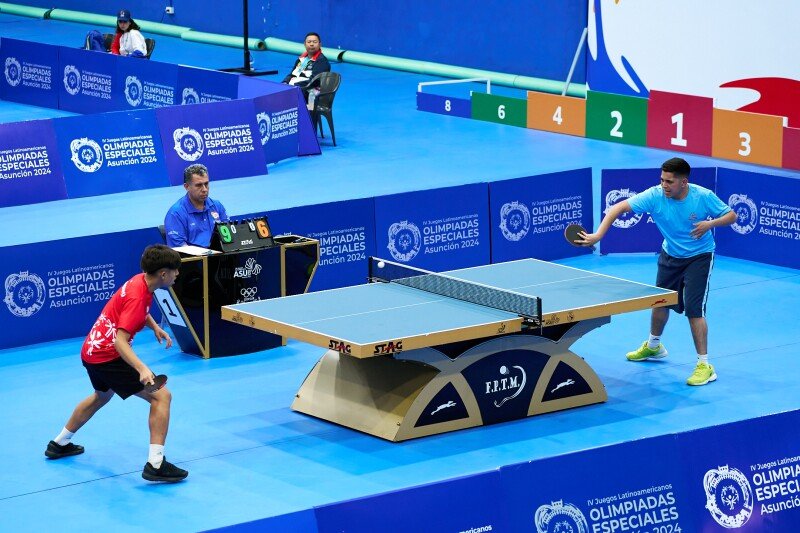

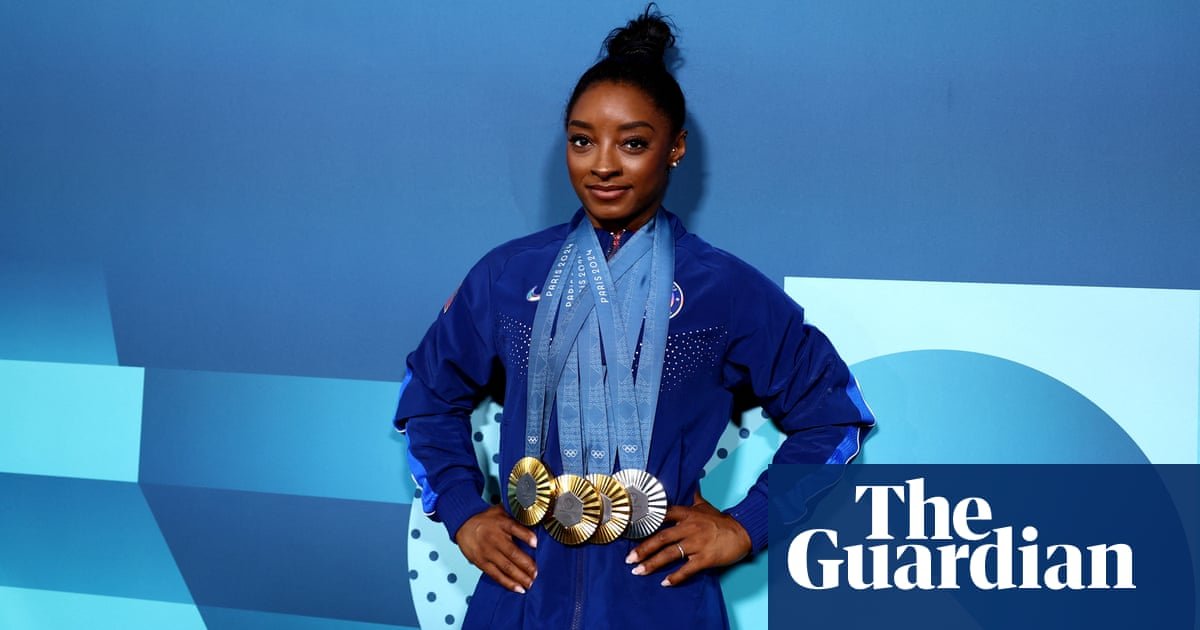



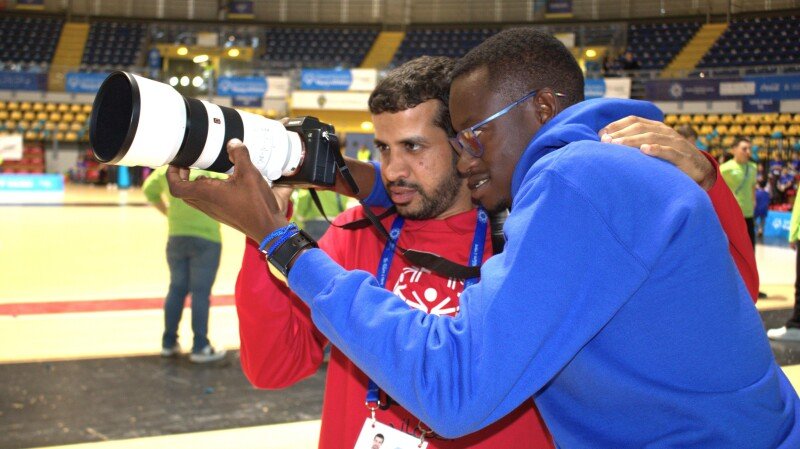
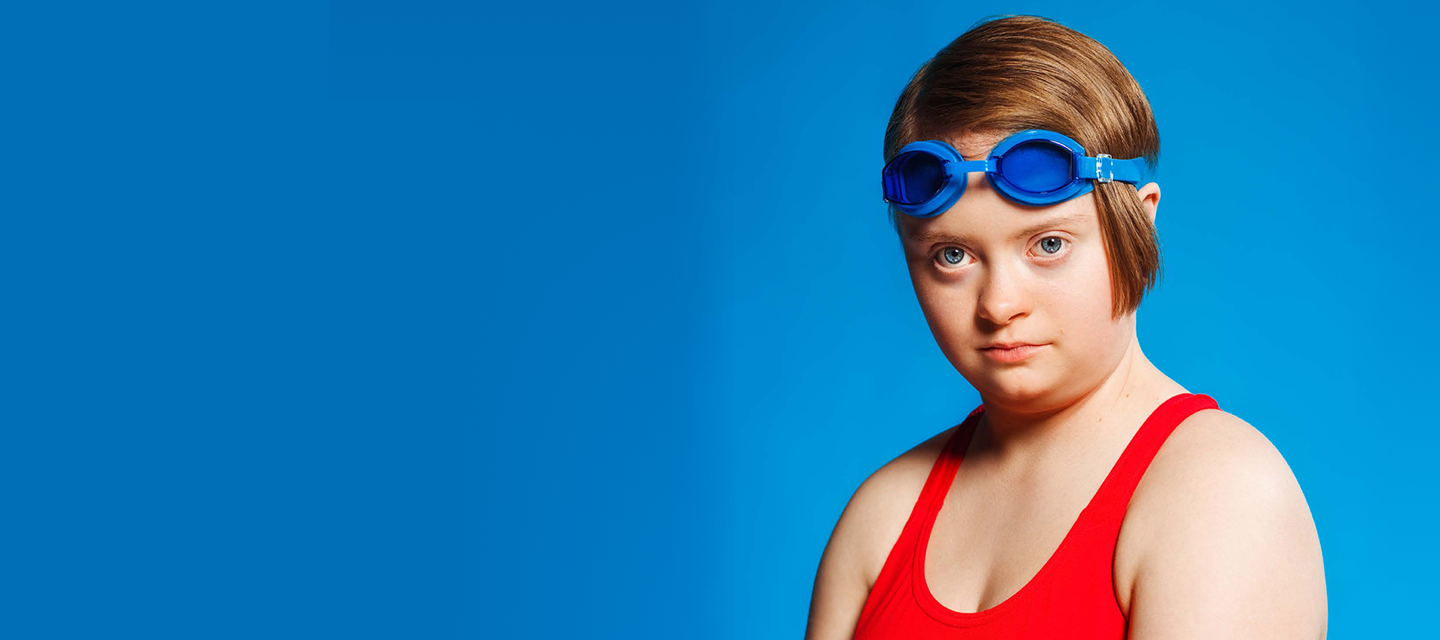
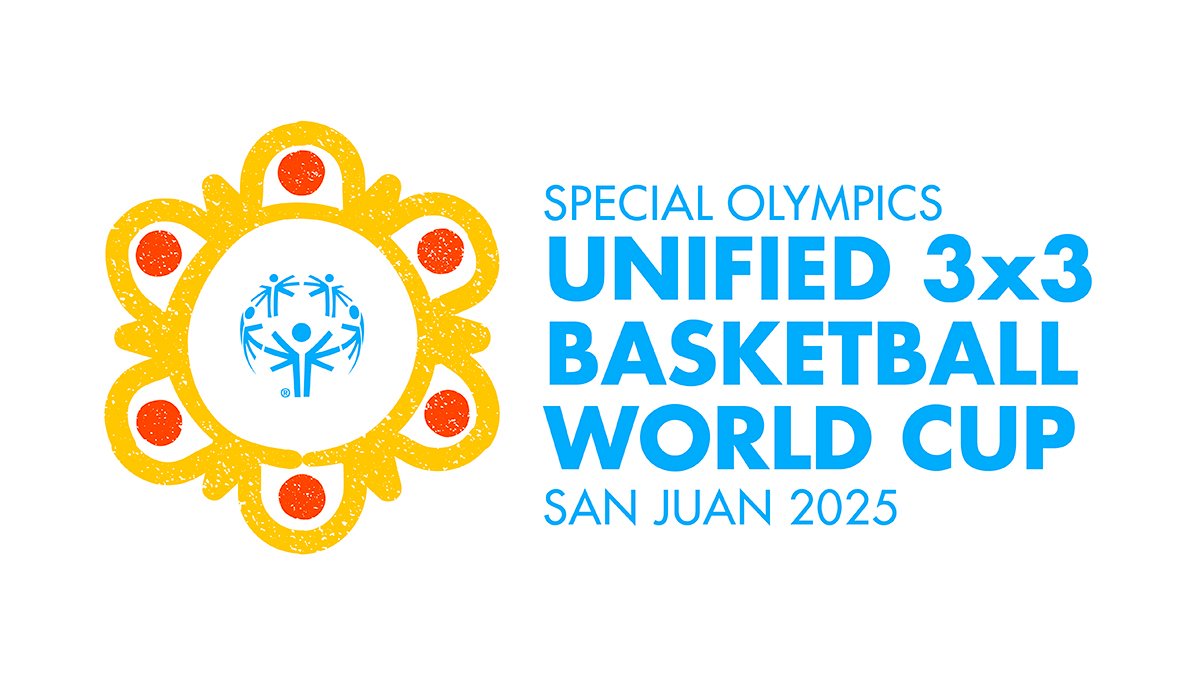



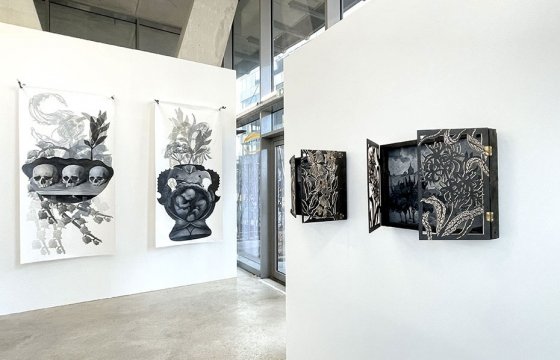
Leave a Reply